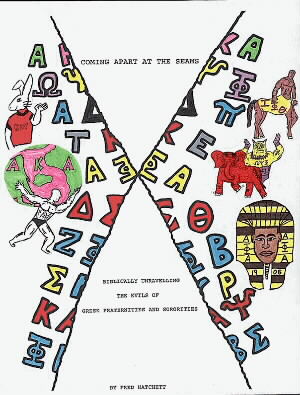GLO's Exposed Discussion Forum
This is the forum area where you can discuss topics related to the Biblical exposure of Greek organizations. All posts are reviewed; if they are offensive they'll be deleted.
Any copyrighted material contained herein is for: criticism, comments, news reporting, teaching, scholarship, and research. All used in accordance with the Fair Use Exception 17 USC 107.

